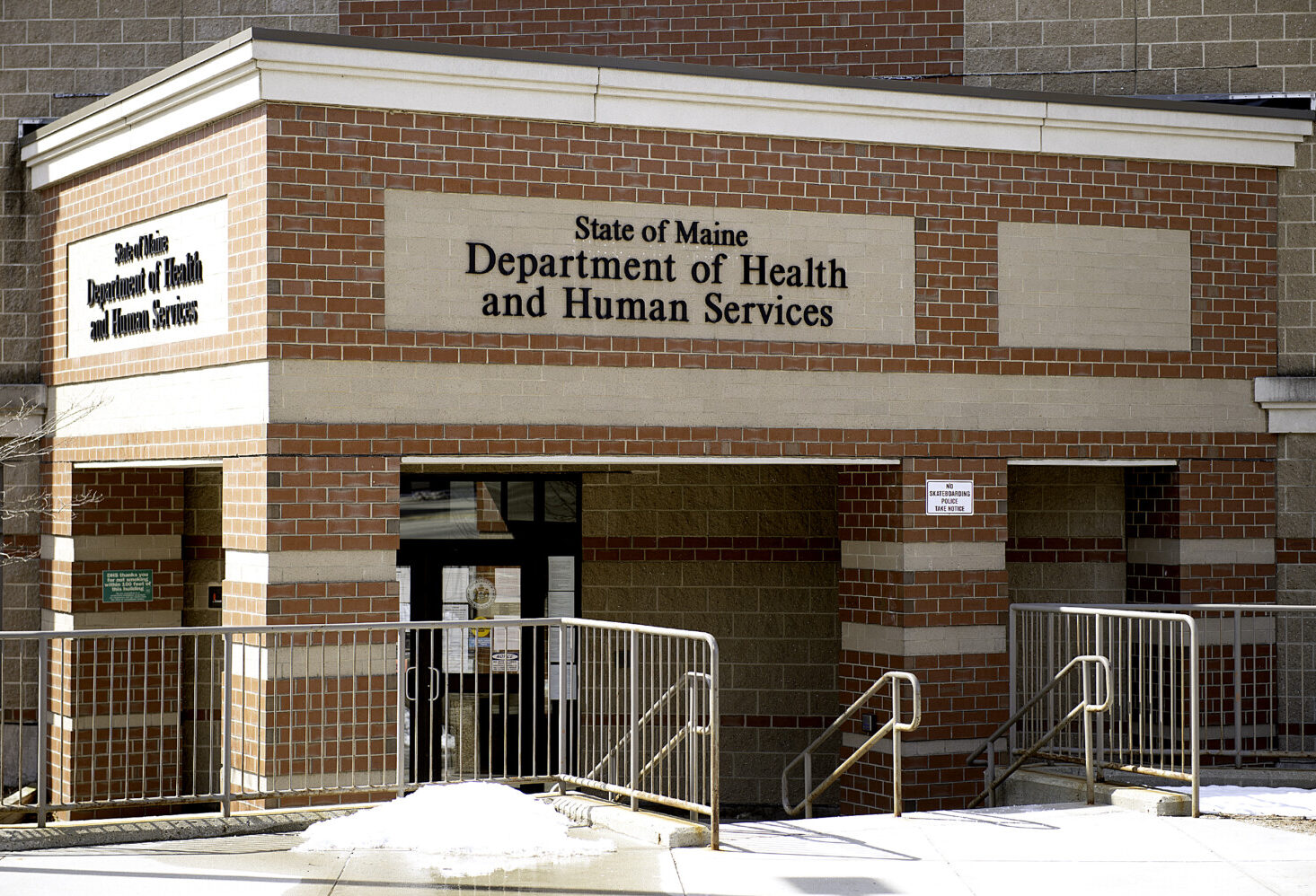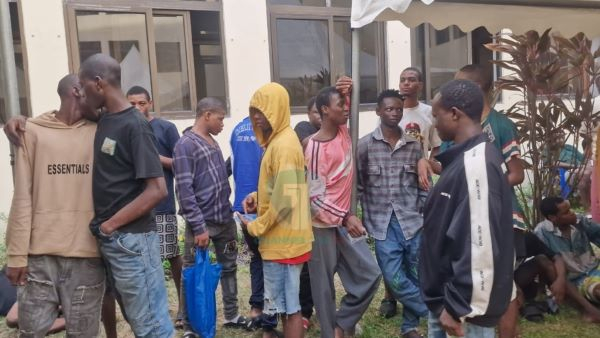April is National Child Abuse Prevention Month, an opportunity for us all to learn how we can prevent child abuse by being active participants in our communities, advocating for the kids we know and supporting parents and caregivers. It’s also a critical opportunity for legislators and Gov. Mills to commit to protecting Maine kids.
Those in power have long used silence as a strategy to avoid accountability, and the culture of Maine’s Department of Health and Human Services (DHHS) has prioritized deflection and double-talk to avoid admitting we have a broken system. That has to stop. Those with the power to make changes must seize this moment to say enough is enough — we’re going to do whatever it takes to protect children in state care.

Bill Diamond is the founder of the nonprofit Walk a Mile in Their Shoes, dedicated to improving Maine’s child welfare system. In the summer of 2021, Maine saw a spate of horrific child abuse cases, including the beating death of 3-year-old Maddox Williams by his mother. Maddox and his mother had previous contact with Maine’s child welfare system, the very system that removed Maddox from a loving home with his paternal grandmother and placed him back in his mother’s care, where he was murdered.
Maddox’s case, and the cases of too many other Maine kids, prompted me to found Walk a Mile in Their Shoes in 2023. WAMITS is a 501(c)(3) nonprofit dedicated to improving Maine’s child welfare system so that all Maine kids are as safe as possible. Since WAMITS was founded, we’ve mobilized families, foster parents, legislators, law enforcement officers, health care and child care providers, educators and others in advocating for change in Maine’s child welfare system.
We’ve brought people together on social media and at rallies at the State House and beyond and used our platform to inform the public of the ongoing dangers Maine children face. In December 2023, WAMITS released a report , the result of months of interviews with stakeholders of all kinds, all around the state. It summarized how Maine’s child welfare system leaves children, caseworkers, foster families and others without the support they need to be safe and successful.
We identified many of the same issues that the Maine Child Welfare Ombudsman Program, an independent watchdog, has identified in its annual report for the past several years. The U.S.
Department of Health and Human Services came to similar conclusions in November 2024, when it issued a report finding that Maine did not comply with screening, assessment and investigation requirements for responding to reports of child abuse and neglect. Maine’s DHHS has also seen fit to spend nearly $1.6 million in recent years to contract outside entities to examine the child welfare system, just to be told the same things: the system has serious flaws that are leaving children vulnerable to abuse, neglect, and in the worst cases, death.
The topline issue is that individuals within Maine’s child welfare system continue to make inappropriate decisions about child safety. Other problems include crushing workloads for frontline caseworkers, high turnover, a lack of support from upper management, poor record-keeping and more. Another persistent challenge is the lack of community resources, including mental and behavioral health resources.
Last year, Maine settled a suit brought by the U.S. Department of Justice that alleged children with behavioral health challenges were having their rights violated by the state because of poor administration of our behavioral health system.
By now, issues with Maine’s child welfare system have been clearly identified many times over. WAMITS remains committed to expanding resources and strengthening advocacy efforts. In recent months, our team has met with the director of the Office of Child and Family Services and the new commissioner of DHHS.
These discussions have been somewhat productive, but we must keep pushing forward. This April, I and many others call upon our legislators, Gov. Mills and DHHS leadership to step up and acknowledge that these problems are real, and that they have the power to change them.
Maine kids can’t wait any longer. We believe it’s important to offer commenting on certain stories as a benefit to our readers. At its best, our comments sections can be a productive platform for readers to engage with our journalism, offer thoughts on coverage and issues, and drive conversation in a respectful, solutions-based way.
It’s a form of open discourse that can be useful to our community, public officials, journalists and others. Read more..
. We do not enable comments on everything — exceptions include most crime stories, and coverage involving personal tragedy or sensitive issues that invite personal attacks instead of thoughtful discussion. For those stories that we do enable discussion, our system may hold up comments pending the approval of a moderator for several reasons, including possible violation of our guidelines.
As the Maine Trust’s digital team reviews these comments, we ask for patience. Comments are managed by our staff during regular business hours Monday through Friday and limited hours on Saturday and Sunday. Comments held for moderation outside of those hours may take longer to approve.
By joining the conversation, you are agreeing to our commenting policy and terms of use . More information is found on our FAQs . You can modify your screen name here .
Show less Please sign into your Sun Journal account to participate in conversations below. If you do not have an account, you can register or subscribe . Questions? Please see our FAQs .
Your commenting screen name has been updated. Send questions/comments to the editors..
Politics

Maine’s child welfare system needs urgent reform | Opinion

Our longstanding culture of deflection and double-speak has to end.















